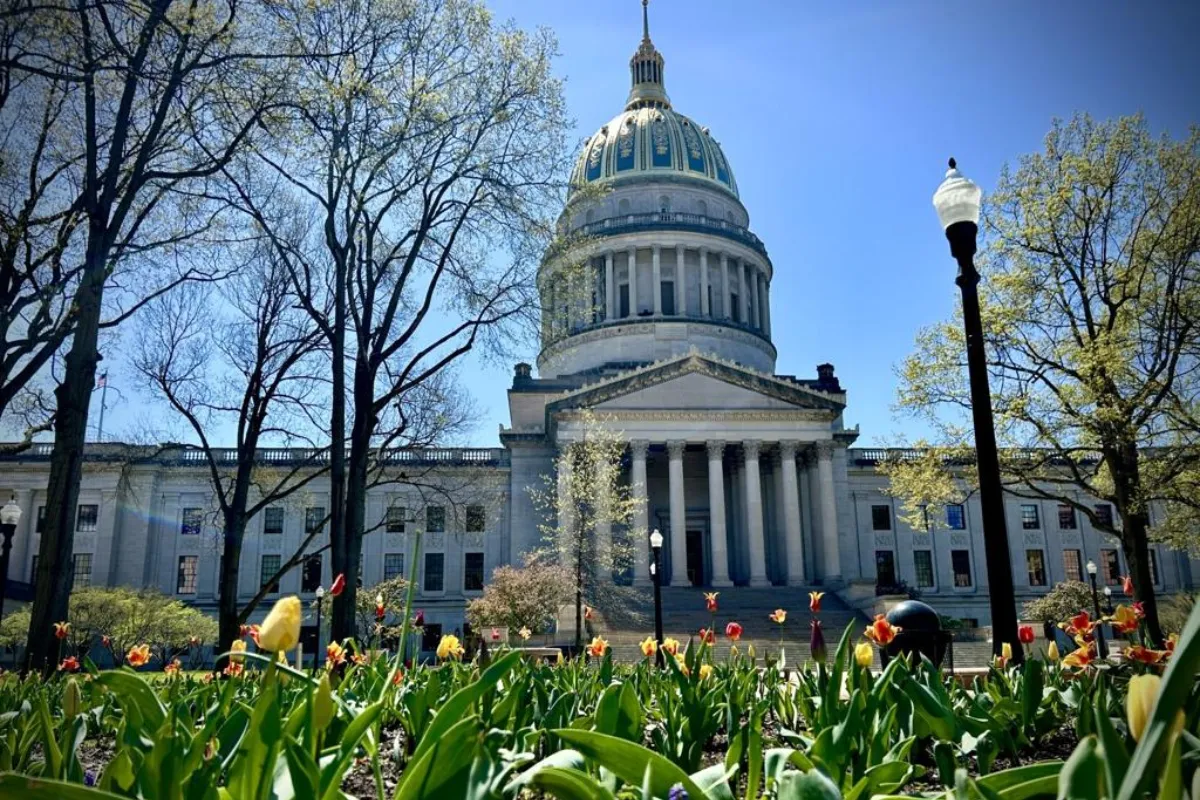Members of the Senate Government Organization Committee took a strong stand for government transparency Wednesday, voting to keep lawmakers under the same public records rules as other government bodies.
The committee’s decision followed the introduction of House Bill 3412, which initially sought to exempt the Legislature from West Virginia’s Freedom of Information Act (FOIA). While the bill passed the House of Delegates last week, the committee voted to amend it and preserve transparency by maintaining legislative accountability under FOIA.
House Bill 3412, as originally passed by the House, would have removed the Legislature from the list of public bodies required to follow FOIA guidelines. Under this proposal, the Legislature would have been able to adopt its own rules for public document releases, potentially creating a less transparent system.
However, the Senate committee swiftly rejected this provision, opting instead to keep the Legislature subject to the same public records laws as other state agencies.
Senate Minority Leader Mike Woelfel, D-Cabell, expressed strong disapproval of the House version of the bill, calling it a “horrible message” to the citizens of West Virginia.
Woelfel emphasized the importance of transparency in government, noting that exempting the Legislature from FOIA would reinforce the perception that lawmakers operate without sufficient oversight. He praised committee Chairwoman Patricia Rucker, R-Jefferson, for ensuring that transparency would remain a guiding principle in the state’s governance.
“I commend you for ensuring that transparency remains the order of the day,” Woelfel said after the amendment passed.
While the committee upheld the core principle of transparency, they did approve a strike-and-insert amendment that modifies the FOIA law in other ways. One key change expands the exemption for internal memoranda, such as draft bills and amendments, and documents that are prepared for internal advisory or decision-making purposes. These records would not be subject to public disclosure under the amended bill, a provision that aims to protect deliberative and preliminary information from public release.
However, the amendment also includes provisions that could make it more difficult for citizens and organizations to access public records. The revised bill removes the requirement that the FOIA law be “liberally construed” in favor of disclosure. This shift in language could reduce the ease with which public records are made available to the public.
Additionally, the bill now includes more specific language regarding what constitutes private personal information. Under the amendment, certain personal information, including private devices, would not be subject to public records requests. However, government-issued devices—such as cell phones, tablets, and computers—remain within the scope of FOIA and are still subject to disclosure.
One of the most significant changes introduced in the committee’s amendment is the extension of the FOIA response deadline. Under the original law, government agencies were required to respond to public records requests within five business days. The new amendment extends this period to 14 days, potentially delaying the availability of records for those seeking information.
The amendment also permits agencies to charge a “reasonable search and retrieval” fee based on the time spent searching for and retrieving records. Previously, public bodies could only charge reasonable fees for reproducing records. With this change, agencies can now charge fees for the time spent locating and gathering the requested documents, which could make public records access more costly for individuals and organizations.
The committee’s decision to amend the bill further strikes provisions that would have created a presumption of public accessibility to all public records. State law now specifies that the public is entitled to full and complete information about the affairs of government unless otherwise explicitly prohibited by law.
West Virginia’s FOIA law provides the public with the right to inspect and copy any public records unless specifically exempted by law. Citizens can submit a FOIA request to the record custodian of any state, county, or city government.
Once a request is submitted, the government agency is required to respond within five business days, either providing the requested documents or explaining why the request is being denied.
Public agencies are allowed to charge reasonable fees for the reproduction of records, but these fees must reflect the actual cost of duplication. The Secretary of State’s Office also maintains a FOIA database, which tracks requests, responses, and denials from public entities.
With the Senate committee’s amendments, the debate over West Virginia’s FOIA law will continue as the bill moves forward. While the preservation of legislative accountability under FOIA is a win for transparency, the expanded exemptions and increased response times may complicate the public’s ability to access information. The changes underscore the ongoing tension between the desire for transparency and the logistical challenges of managing public records requests.
As the bill progresses through the legislative process, lawmakers and citizens alike will need to monitor the ongoing discussions to ensure that the state’s commitment to transparency remains intact while balancing the needs of government agencies.










